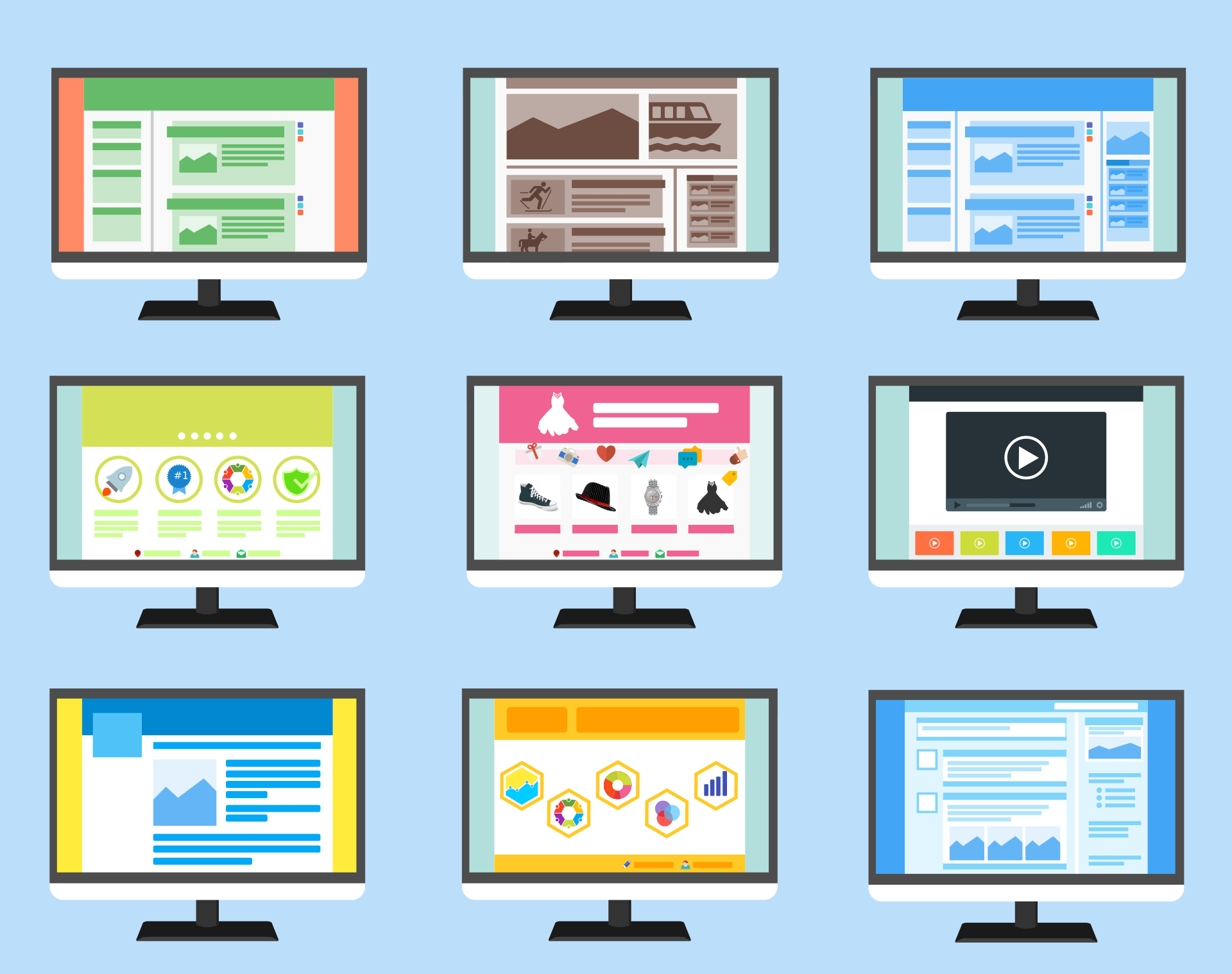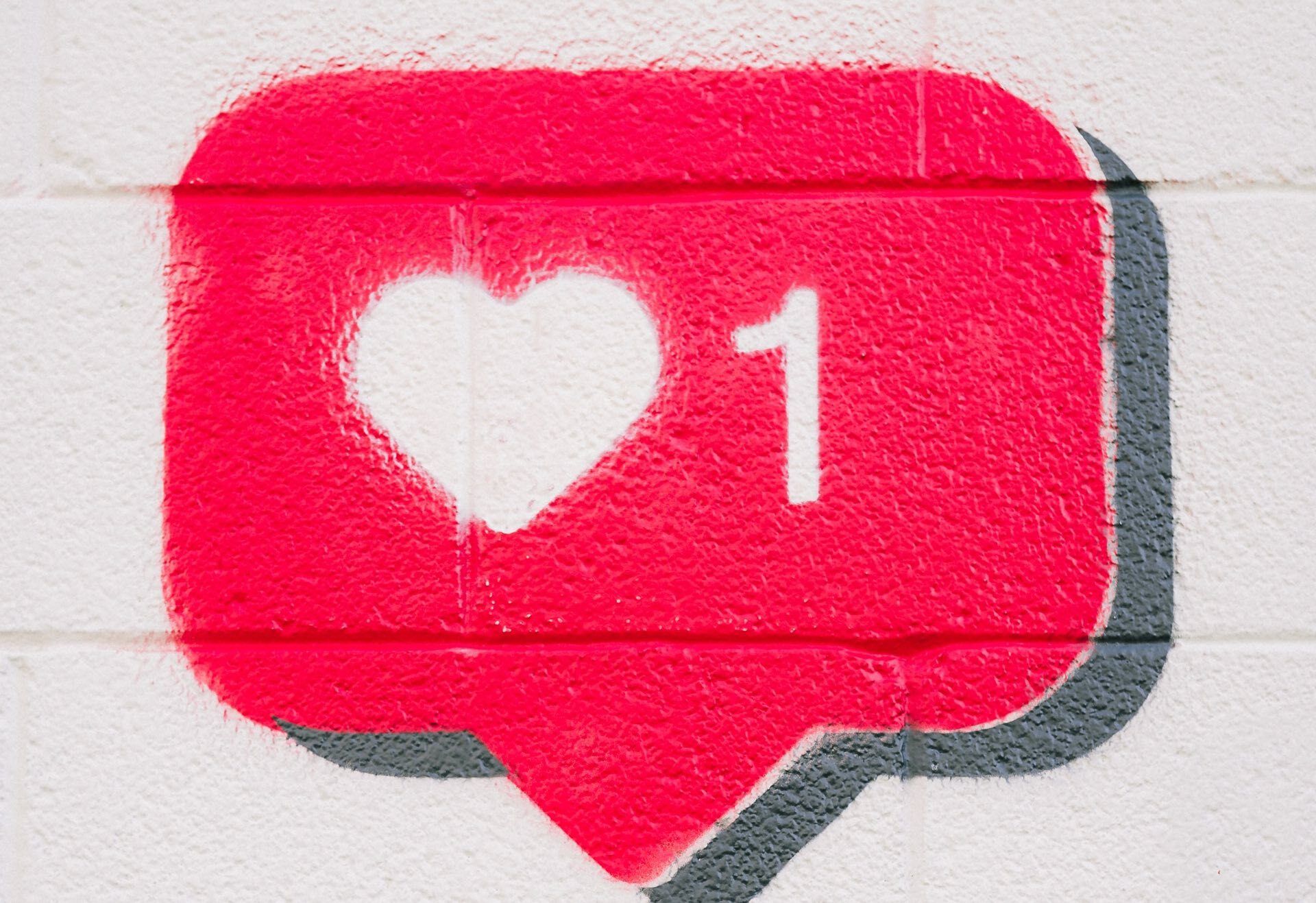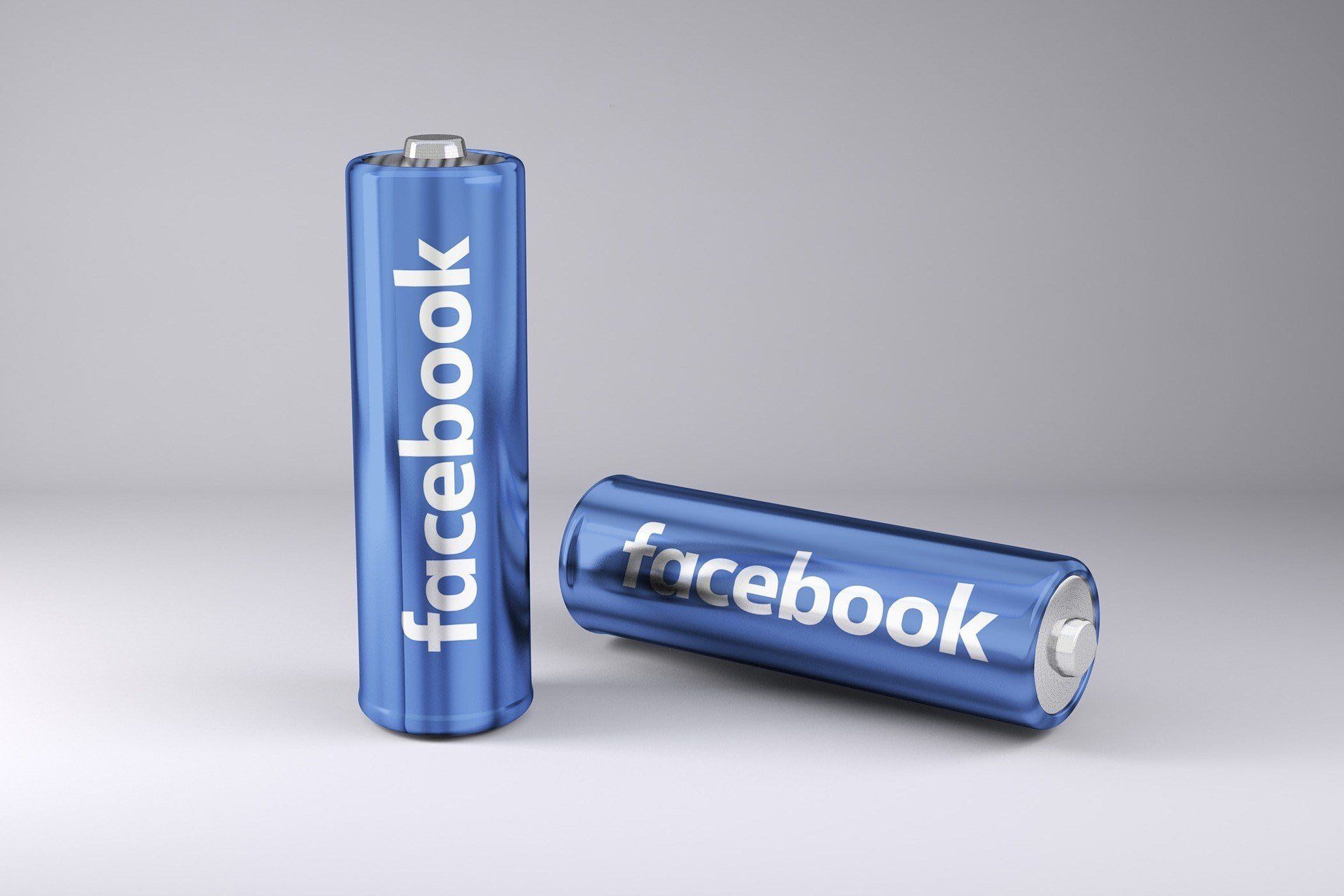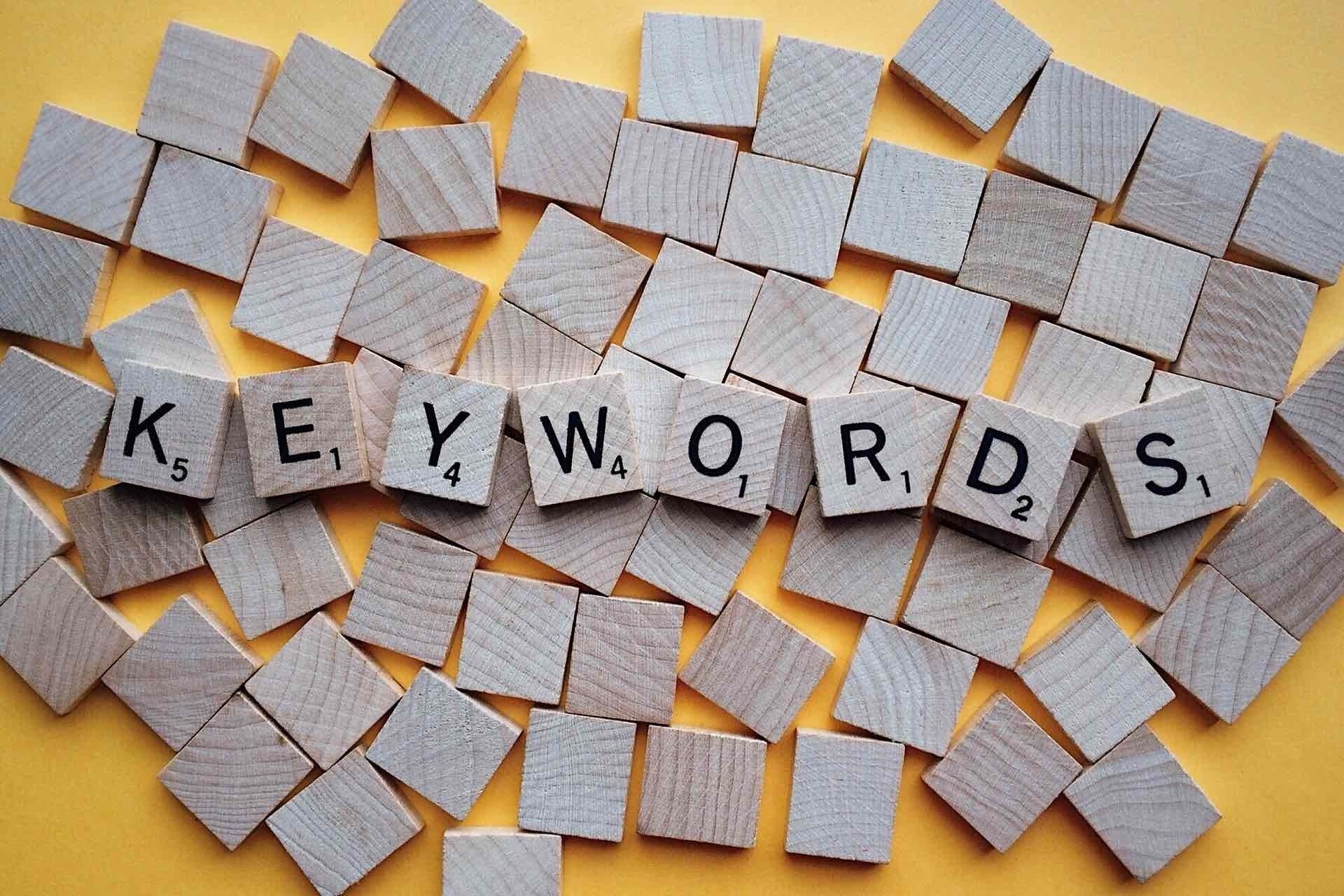Facebook advertising after Cambridge Analytica
Data breaches and digital media marketing
In the wake of the Facebook and Cambridge Analytica scandal, many predicted a backlash against social media.
What followed was perhaps a much-needed correction.
The story broke in March when Cambridge Analytica was accused of obtaining personal information through a quiz app on behalf of political clients. Their aim? To target and influence voters in the US.
Wetherspoons calls time on social media marketing
Riding on the wave of bad publicity surrounding social media, the pub chain JD Wetherspoon closed down all of its social media accounts.
They linked the move to the ‘trolling’ of MPs and religious and ethnic minorities, as well as ‘the addictive nature of social media’.
In an interview with the BBC, chairman Tim Martin said, ‘We are going against conventional wisdom that these platforms are a vital component.’
He continued, ‘It's becoming increasingly obvious that people spend too much time on Twitter, Instagram and Facebook, and struggle to control the compulsion.’
Talk of addiction sounded ironic from a pub chain known for selling cheap alcohol.
Another irony – the decision was announced by the company on Twitter.
Wetherspoons and its relative lack of success on social media
Not everyone knows how to make digital marketing work in their market.
Some attributed Martin’s decision to a publicity stunt and Wetherspoon’s lack of success on social media. It attracted few followers. The pub chain had just over 100,000 Facebook followers and just over 6,000 on Instagram - both relatively small totals.
In 2018 its average tweet managed just six retweets and four likes.
The Wetherspoon story received a lot of press coverage for a week or so, mainly in marketing circles, and then was soon forgotten.
Too much and too little influence
So, the argument was that social media had both too much and too little influence on consumers.
On the one hand, sophisticated target marketing could influence voters in way that was detrimental to democracy.
On the other, it was a waste of time for some brands and not an especially effective way to target their core consumers.
Perhaps this was all part of Martin’s own canny marketing to differentiate himself and his Wetherspoon from ‘trendy types’. The restaurant trade faces tough times, with a string of chains struggling.
Martin was responding to a backlash against ‘trendy-type, restaurant-type’ chains.
In spite of facing higher costs and tough competition, Martin boasts, ‘We seem to be doing quite well’.
Let’s not forget: Wetherspoon has not abandoned digital marketing altogether. It still plans to communicate with its customers through its website.
And what about the rest of the world?
Was this just a storm in a pint pot?
The concern for those advertising on Facebook and other social media platforms was how users would respond. What exactly are their views regarding the acquisition and trading of their data?
Advertisers called for greater transparency in order to rebuild trust with consumers.
Marketing Week explained:
‘The world’s top advertisers are calling for the industry to come together to reform the digital ad ecosystem to make it safer, more transparent and more consumer friendly, and are threatening to stop working with any company that doesn’t comply.
‘The new Global Media Charter, published by the World Federation of Advertisers (WFA), sets out eight clear principles designed to improve the digital marketing ecosystem.’
https://www.marketingweek.com/2018/05/17/brands-reform-digital-ad-market/
And other social media has responded in kind.
Twitter banned bulk tweeting
Twitter banned bulk tweeting in a bid to combat spam and political propaganda bots. 50,000 accounts had been linked to Russian propaganda efforts. The need to moderate content had been mooted for some time. It was just a matter of when and how.
What about the predicted mass exodus from Facebook?
Would users abandon the world’s most popular social network in protest?
In a word, no. Facebook use is now more popular than ever. Active users rose 13% in the month of the data breach story.
Two months later, Business Insider UK reportedin a headline on 20 May:
‘The backlash that never happened: New data shows people actually increased their Facebook usage after the Cambridge Analytica scandal’
It went on to say ‘usage actually increased, according to a client note from Goldman Sachs, citing ComScore figures’. Facebooks shares also went up, hitting a low of $149.02 in the immediate aftermath of the controversy before recovering to reach a record high of $203.64 this month on Friday 6 July.
Facebook is on track to make over $4 billion in revenuethis year from advertising.
We remain attached to Facebook
Many feel they have a relationship with Facebook because it facilitates relationships in the real world.
Every relationship has its ups and downs, but we still want to post pictures and share updates, and see what family and friends are up to.
Social media is embedded in our everyday lives.
Users know that someone has to pay financially for the service, but they don’t want it to be them. Advertising is the price they are willing to pay for what are free and essential services.
Rekindling the romance
Facebook has gone some way to rekindle the romance and remind users what it once meant to them. It has always been flexible and ready to adapt, constantly refining and redefining itself over its 14 years.
Keen to show that it is taking consumers’ concerns seriously and doing the right thing, it has advertised on television and in national newspapers, announcing a range of new initiatives.
For instance, it is now better prepared to tackle abuses on its platform with its ‘Investigative Operations Team’ (IOT).
We want advertising that means something to us
At the heart of the scandal was the idea that advertisers could target consumers and voters through Facebook, using psychological profiling to influence them. To some this seemed insidious and a step too far.
Others recognised that this was nothing new, and as Cambridge Analytica argued, ‘widely accepted as a standard component of online advertising’.
Targeted advertising
Targeted advertising means advertising that is relatable and engaging to users.
Targeted advertising is better than untargeted advertising because it’s likelier to be interesting and relevant.
In relationships in the real world, we value those who listen, remember and respond to what we say. You mention a holiday to a friend and they ask you about it on your return.
This is what the algorithms do. They sort the wheat from the chaff.
The ubiquity of social media makes it too good an opportunity to miss
Advertisers can’t ignore the world’s biggest social network, with its 1.8 billion users spending about an hour every day on the platform in tandem with Messenger and Instagram, scrolling through 300 feet of social content.
In terms of reach, Facebook is without rival. Just look at the figures it cites on its website. ‘Two billion people use Facebook every month.’ ‘1 of every 5 minutes that people in the US spend on mobile is on Facebook or Instagram.’ ‘500 million instagrammers use the app every day.’
If your customers are on social media, you can’t afford not to be
Digital marketers Wordstream write:
‘Whether you sell shoelaces or legal services, there are people using the platform who might someday become your customers. IF they know you exist.
‘Luckily, Facebook makes it relatively simple to a) identify your ideal audiences and b) incite conversions through aesthetically pleasing ads.’
https://www.wordstream.com/blog/ws/2017/04/18/facebook-advertising-features
Simon Veksner explains in 100 Ideas that changed advertising, ‘Facebook created the first real opportunity for brands to have an open and continuing dialogue with consumers. If marketers can entice the site’s users into “liking” their page – and brands such as Red Bull, Disney, Starbucks and Coca Cola have over 20 million fans on Facebook – they can send them news and announcements, or ask them for their ideas and suggestions, all for free.’
Raise your online profile
Facebook is the place to raise the profile of your brand by informing, entertaining and inspiring your followers. Understanding that is the key to promoting your brand there.
Consider the success of those cited by Veksner, and others in the Facebook follower leader board such as Samsung, Instagram, Nike, Converse and Oreo. They know and exploit the fact that Facebook is an ‘aspirational space’.
Social media is where people share their experiences, setting out their stall as individuals and members of a community. It is both a personal and public space.
Just as consumers define themselves through what they buy, Facebook users define themselves by what they follow. Many are happy to show their loyalty to brands that are cool or community-minded.
Fashion brands
Let’s take clothing retailers like Boden, for instance.
It has 624,000 followers at the time of writing. One of their Facebook ad reads:
‘Shop Boden with 10% off
A power print for power posing. Shop Boden with 10% off plus free delivery and returns’
The copy is short and to the point. The accompanying fashion shot is elegant and unintrusive. It is both visually striking and blends in to the user’s personalised wall of content. Photo ads are popular because they don’t look out of place: Facebook was, from its inception, all about sharing pictures.
Another Boden ad shows off its ‘wowzer trousers’. The quirky copy sits comfortably with other comments on this social media platform.
Facebook is a domestic space
Facebook is about celebrating you and yours, friends and family, communities and local interests.
Users are happy to sing the praises of the computer shop that fixed their laptop or the garden centre who went that extra mile when delivering furniture for their patio.
Companies as diverse as those offering overnight printing of postcards, food retailers, travel and finance all thrive on the platform.
Content marketing doesn’t look out of place on Facebook because that’s where people share everyday tips or, in modern parlance, ‘life hacks’.
Not just the big brands
Independent retailers are enjoying success by sharing through Instagram. Many businesses swear by this as a means of boosting their online presence and getting known in their local area. Charities also have much to benefit in this way.
Facebook, whilst a global phenomenon, is great for targeting the local. People want to be kept informed about upcoming events and activities in their area. Reach ads target people within a certain radius. Event ads are perfect for targeting those near to the venue.
Lessons to be learned for marketers
Before throwing money at Facebook advertising, it makes sense to have an overriding strategy.
Tap into people’s interests and hobbies, their hopes and aspirations. Tap into their sense of community, and their desire to belong to groups and causes.
Make copy short, sweet and to the point. Frontload the wording to suit those who skip and scan text. Use images to enhance posts and encourage engagement. It is worth investing in the professionals for this.
Make your call-to-action clear, whether that be to drive Page Likes, or to enable the user to get more relevant content in their feed.
As with all campaigns, test, experiment, and closely monitor the results.
In summary
Facebook is still a place to do business for those who get it right. There’s room for everyone, whatever the sector, size or ethos of the brand.
Social media remains a part of your customers’ everyday lives, and it remains one of the best ways to spark conversation and engagement.
Targeted marketing – done right – still suits both marketer and target market.
Sources
https://www.facebook.com/business/learn/facebook-ads-basics
https://www.smartinsights.com/social-media-marketing/social-media-marketing-trends-2018/
http://www.bbc.co.uk/news/business-43781281
https://www.thetimes.co.uk/article/wetherspoon-calls-time-on-social-media-via-twitter-qsnjsqlv0
http://www.thedrum.com/news/2018/07/08/facebook-moves-data-scandal-stock-reaches-all-time-high
https://en.wikipedia.org/wiki/Cambridge_Analytica


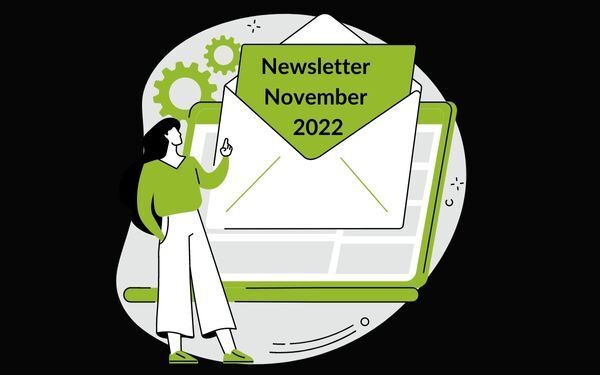

QUICK LINKS
QC Newsletter sign-up
We will get back to you as soon as possible.
Please try again later.
All Rights Reserved | QuayClick Marketing Ltd
We’re a website design and digital marketing agency based in Exeter. We help businesses grow online and have over 20 years of experience in Web Design. We offer several inbound strategies, including paid search and SEO. In addition, our content team can help with copywriting and email campaigns.












